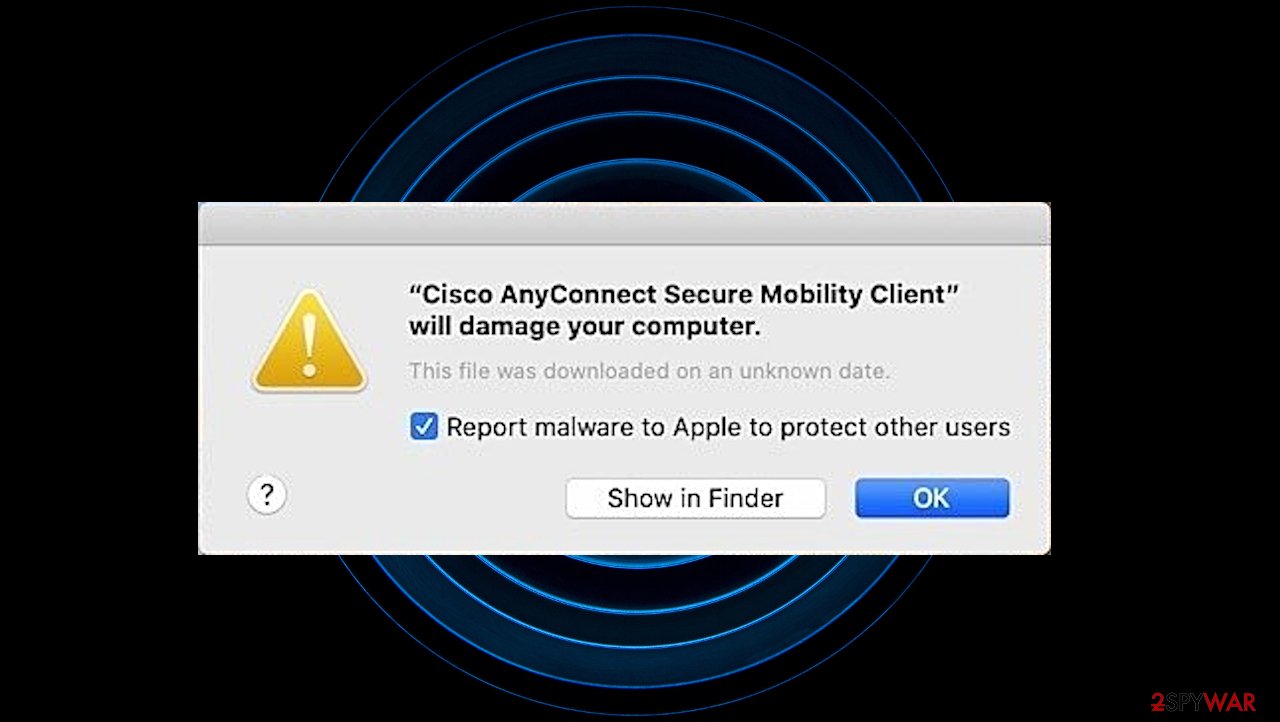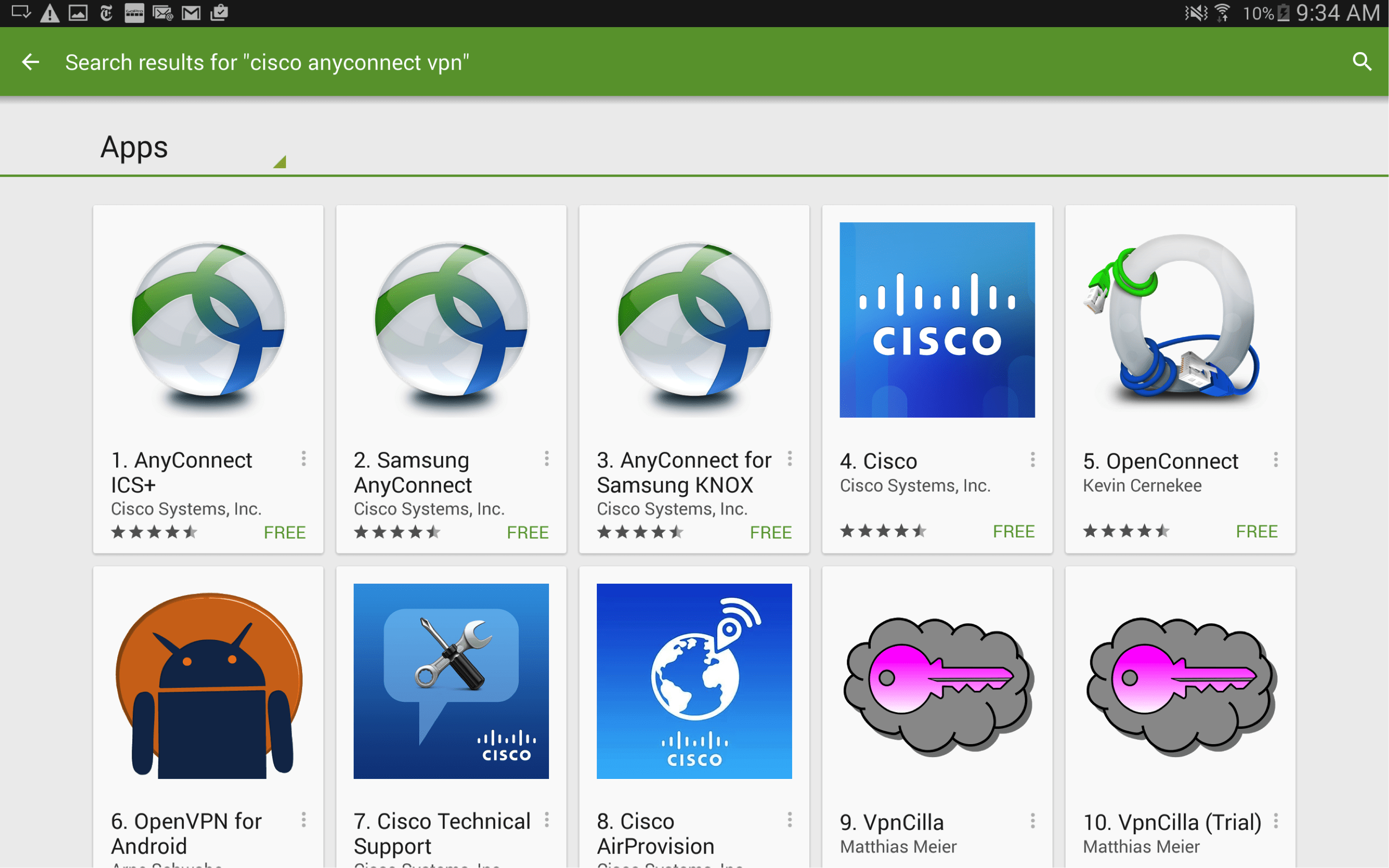

- #Cisco anyconnect secure mobility client version download#
- #Cisco anyconnect secure mobility client version mac#
Note: Custom hostname certificates do not renew automatically. Upload the signed certificate and CA chain from your Certificate Authority Get the CSR signed by a public Certificate Authority of your choice
#Cisco anyconnect secure mobility client version download#
Generate and download a Certificate signing request This option allows administrators to use a preferred hostname. The signed certificate should be uploaded to the MX Appliance via the Dashboard.

This same topic is discussed on the Cisco forum: An圜onnect Secure Mobility - Disable the automatic launch on login This is the other, lower-level An圜onnect process(es) without any user interface and running as root that does the actual work: sudo launchctl kickstart -kp system/īe careful where you use sudo since some of the agents and daemons run in user space and some run in system space and different versions of macOS have different syntax and shells.

For a friendlier documentation that does not assume you already know the difference between "loading" versus "starting" or between a "daemon" vs a "service" or an "agent" go to first.Īs a bonus and slightly off-topic answer, here's a clean way to restart the An圜onnect daemon in case it gets stuck as it sometimes does. Launchctl is documented in (surprise) man launchctl but that's not for the faint of heart.
#Cisco anyconnect secure mobility client version mac#
Every mac user should have at least some vague idea of what launchctl does because it manages far more than An圜onnect: basically every process not manually started by the user. Launchctl is the equivalent of systemd on Linux or services.msc on Windows. Don't take the risk to miss those extra bits use the official and documented user interface. When there's a user interface it's very likely because it does more than just moving one file. For example, trying to run sudo launchctl unload -w /Library/LaunchAgents/.plist results in an error "Could not find specified service", whereas without the sudo it works. NB: be careful NOT to run sudo launchctl and NOT to run launchctl from a root terminal, because launchctl is user-dependent. Launchctl load -w /Library/LaunchAgents/.plist Launchctl unload -w /Library/LaunchAgents/.plist Always prefer the user interface when there is one rather than messing with files directly: launchctl list | grep -i cisco If it's not in "Login Items" then it has to be in launchctl.


 0 kommentar(er)
0 kommentar(er)
